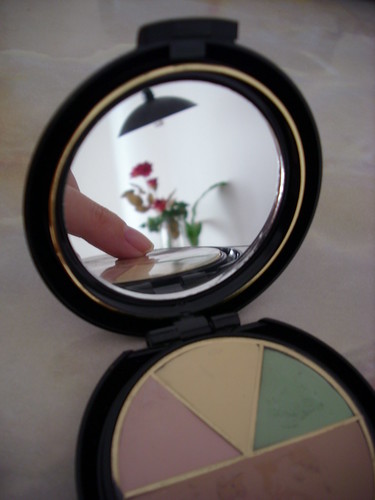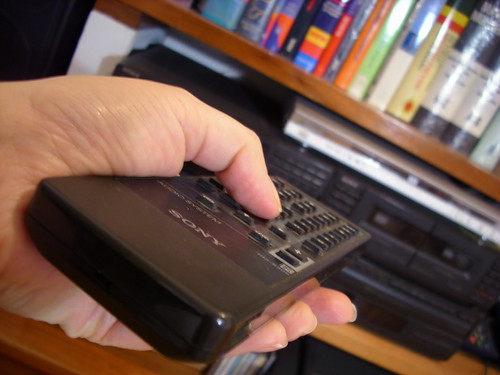Should've Known Better
This year I've made a point of quitting the use of the word 'should'. Seven months into the experiment, I can (almost) safely say it is now gone. Gone from my blog, from my everyday vocabulary. Above all, gone from my inner thoughts.

Why? How did I start this?
Because whenever I read that teachers should...(you fill in the blank)..., I've always felt a need to resist inside instead of engaging in conversation.
Coming closer to examples, I think we mean different things when we use 'should'.
Generally speaking, in affirmative form, I think it sounds like a disguised form of protest.
e.g. "Every teacher should blog".
Which probably translates to "I would like, I need, it would be nice if... I do, it works for me, why not you? Come on!"
Speaking more personally, it's a bit of a diminishing word.
e.g. "I should blog every day."
Which may well translate as: "I think that my not blogging everyday is not enough" or "I wonder if I ever will". These phrases invite to approval or disapproval. A pass or fail in a test. (Who needs another test, anyway?).
I could go on. A quick search in my RSS reader gives me inspiration, but I won't quote. You go search for yourself and write your own subtitles to the 'should' movie. There is a lot in need of translation written out there.
'Should' works very well in question form, though:
"Why should I believe that?"
See? That's the kind of blogging I want to read on without feeling an internal argument building up inside me to resist it. It engages me to find my own reasons. I may even blog back at you. So we both get a chance to learn.
The mind has a natural tendency to resist change at times. if you mean to create or lead change when you write, watch your use of 'should'.
I hear the word very frequently in my network; I do not stop reading people who use it. I just read between the lines knowing I cannot assume what they really meant until I read much more.
Excuse me for contradicting myself in the same post, but I don't think anyone should anything, be it change the way they teach or publish their minds in blog posts, until they find their own genuine reasons. Anything else is as attractive as thoughtless cut&paste of ideas.
About writing, I think that there are more powerful words than 'should'. Only the sentences need to be more wordy, you need to go meta reflective to create meaning, you need to put yourself out there in the open.
How? Here's a possible structure:
"I would like this to change because..." Paragraph. Concise.
Followed by,
"I shape my thoughts like this because of where I come from". More paragraphs. These are key.
That's more humble and also less pretentious. Bonus: that's is the way I can get to connect to you. Speak from your known corner of the world to the unknown world wide web who might read and write responses, if they feel so inclined. Your ideology need not be photocopied elsewhere. Finland is already taken. Perhaps, we need to do differently.
If you ask me, I like sentences with a deep structure grammar based on freedom, not authority. Freedom from the critic or evangelizer lurking in your voice. Besides, 'should' is a poor authority invoker, in my opinion. It tends to overstep it.
So consider cutting down on affirmations with 'should', please. I'll see for myself what I might do with your thoughts, if anything at all.
Engage me. Show me your learning. I'd rather you tell me your stories.

Time Long Past, by me on Flickr
Labels: authority, blogging, connections, conversation, should









